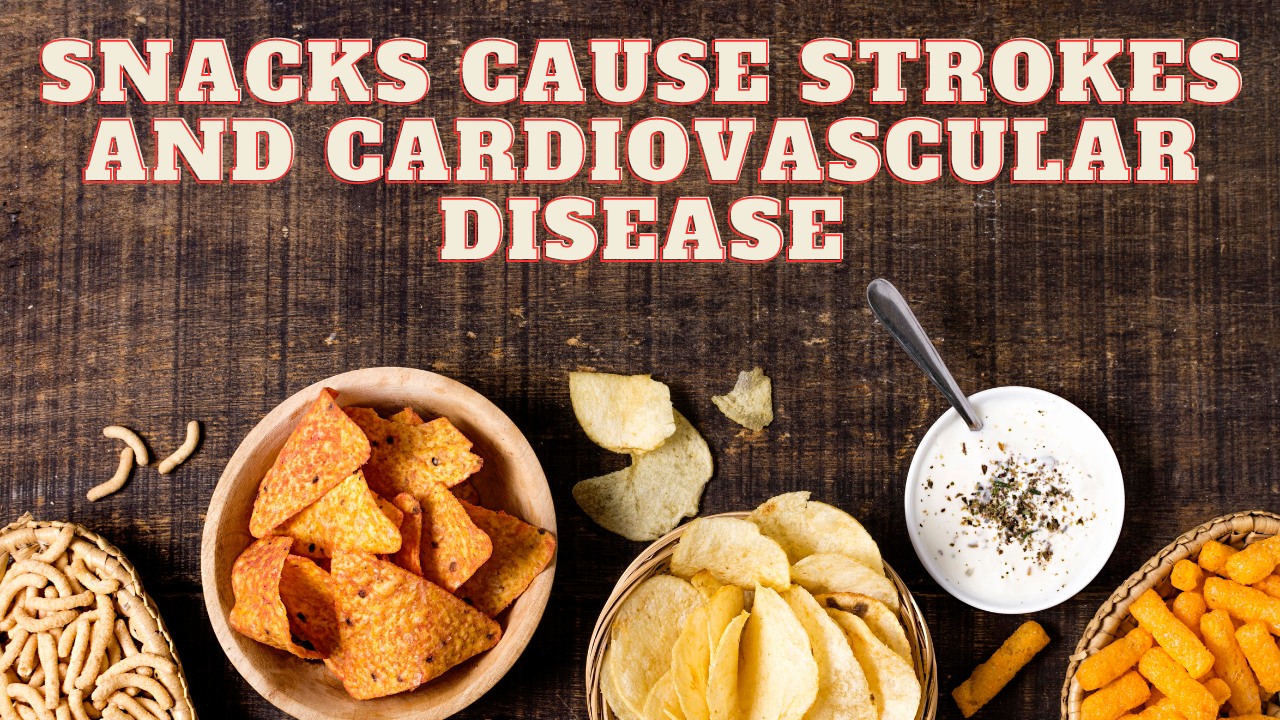
The research published in the European Journal of Nutrition indicates that only half of the participants maintained a balanced nutritional intake in their meals and snacks, which had detrimental effects on health markers like blood sugar and fat levels. This issue could potentially be resolved through dietary adjustments. Additionally, unhealthy snacking habits combined with wholesome meals lead to a 25 per cent risk increase for stroke and cardiovascular disease.
The study, published in the European Journal of Nutrition, examined the snacking behaviours of 854 participants from the ZOE PREDICT project, conducted by researchers from the School of Life Course & Population Sciences and ZOE.
Dr Sarah Berry, Chief Scientist at ZOE and affiliated with King's College London, emphasizes the significance of snacking in our daily lives, with 95 per cent of people engaging in this habit. She recommends a simple and effective way to improve health by replacing unhealthy snacks such as cookies, chips, and cakes with nutritious options like fruits and nuts.
Contrary to common belief, snacking is not detrimental to health when opting for high-quality snacks. Those who regularly consume nutritious snacks are more likely to maintain a healthy weight and experience positive effects on their metabolic health and appetite control, according to the analysis.
A significant number of individuals still include unhealthy snacks in their diets, despite consuming balanced main meals. These low-quality snacks, often processed and high in sugar, have been associated with increased hunger and worse health indicators. Unhealthy snacking has been linked to higher BMI, visceral fat, and post-meal triglyceride levels, all of which are risk factors for metabolic disorders such as obesity, stroke, and cardiovascular disease.
Moreover, the timing of snacking matters, as late-night snacks, especially those high in calories, fat, and sugar, have been linked to poorer blood markers.
















